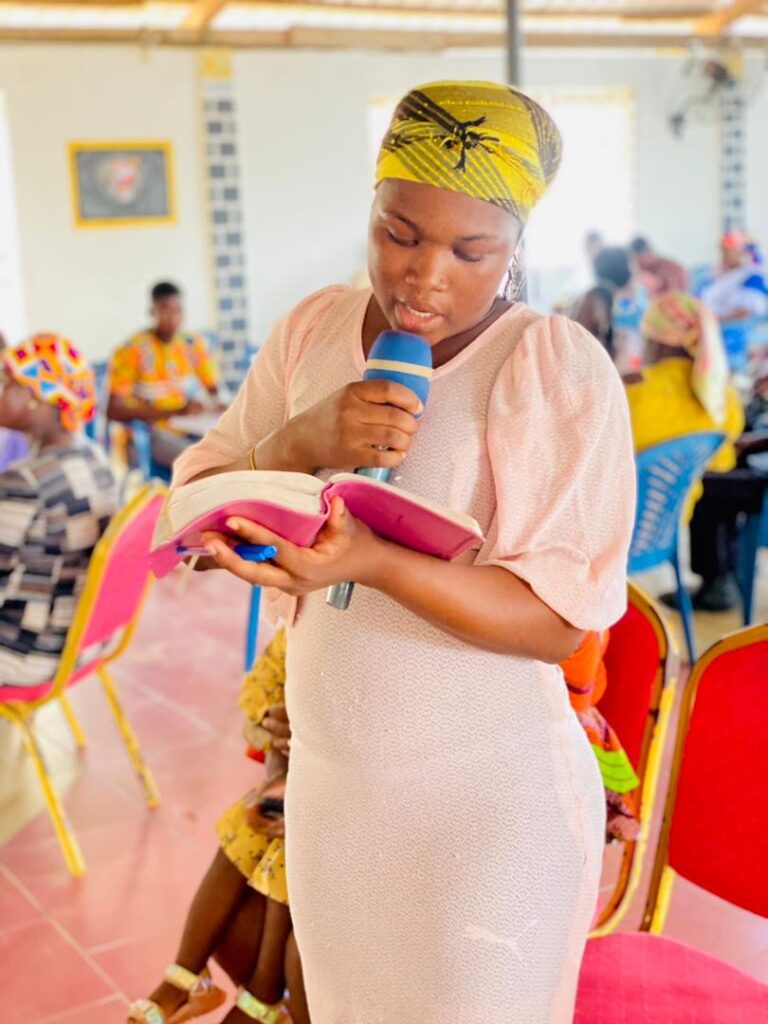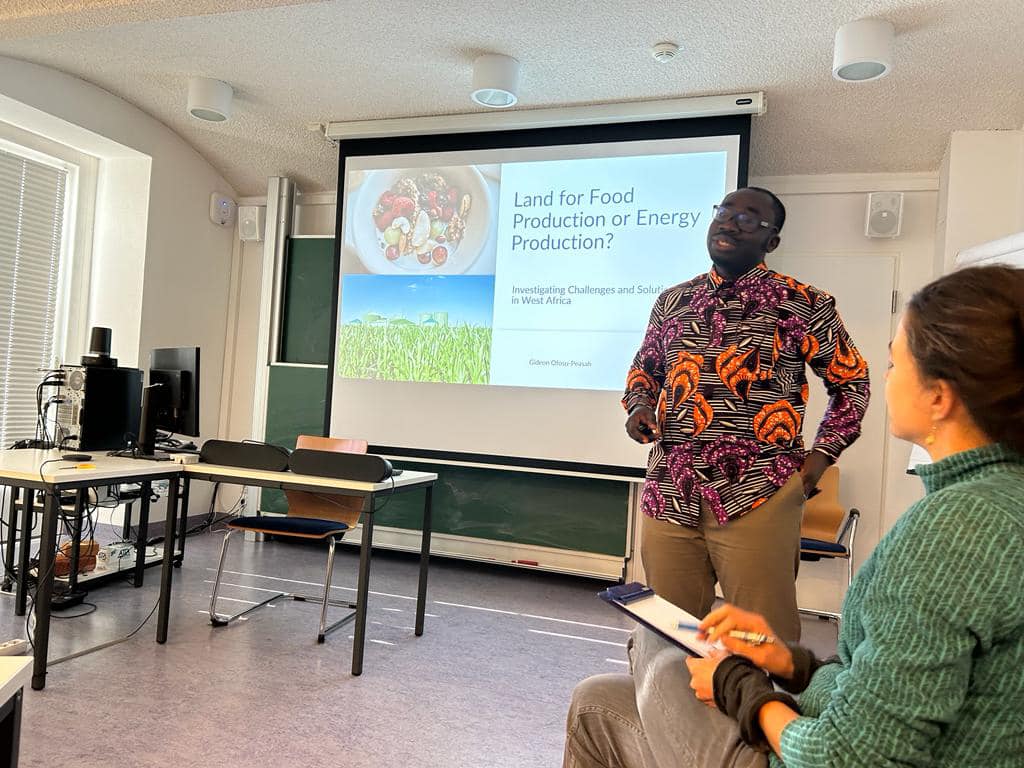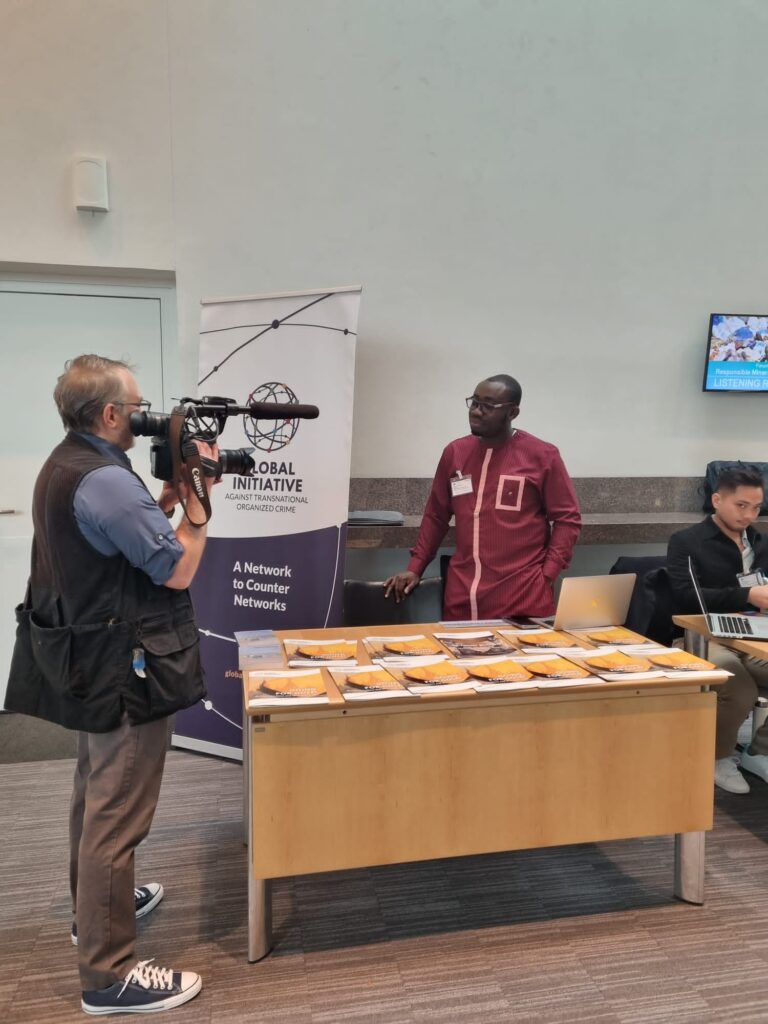Introduction
In the dynamic world of organizational leadership, the church stands as a unique entity with its own set of challenges and opportunities. The growth of a church is not solely dependent on spiritual guidance but also heavily relies on effective leadership and the strategic development of its human capital. Human capital refers to the collective skills, knowledge, and experience possessed by an organization’s members. In the church context, this includes the talents and abilities of the clergy, staff, volunteers, and congregants. Effective management and development of this human capital can lead to significant growth and a more vibrant church community.
Understanding Human Capital
Human capital encompasses the investments people make in their knowledge, skills, health, and experiences, enabling them to become productive and impactful members of their communities or organisations. According to the World Bank, this includes the accumulation of skills, education, and attributes that enhance an individual’s ability to perform effectively.
The Importance of Human Capital in Churches
People are the greatest resource a church has. The effective management of this resource is crucial for achieving organizational goals, whether it’s expanding the congregation, enhancing community outreach, or fostering spiritual growth. Notable examples from the Bible illustrate the diverse forms of human capital: Moses exemplified leadership and advocacy, David showed musicianship and courage, and Paul demonstrated the power of education and career. In a church setting, human capital includes clergy, church staff, and congregation leaders such as musicians, artisans, and professionals. Utilizing this human capital effectively can lead to significant church growth and development.
Key Strategies for Developing Human Capital
1. Leadership Training and Development: Investing in the continuous education and training of church leaders is crucial. Programs such as those offered by Leaders Unlimited can equip leaders with the necessary skills to inspire and manage their congregations effectively.

2. Volunteer Engagement: Encouraging active participation from members through volunteer programs not only aids in the operations of the church but also fosters a sense of belonging and purpose within the community.
3. Skill Utilization: Recognizing and utilising the diverse skills within the congregation can lead to more effective ministry and outreach programmes. This can include everything from musical talents to administrative skills.
4. Creating a Supportive Environment: A church that supports and nurtures its members’ growth will see those individuals contribute more significantly to the church’s mission. This includes providing spiritual, emotional, and sometimes even financial support.
Challenges in Utilizing Human Capital
Despite the potential, many church leaders face challenges in effectively harnessing human capital. One major issue is a lack of genuine interest in the capabilities and contributions of church members. This often leads to underutilization and diminished engagement.
Why Strengthening Human Capital is Essential
1. Member Satisfaction and Retention: By recognising and appreciating members’ contributions, churches can enhance satisfaction and retention rates (1 Thessalonians 5:11).
2. Building Strong Leadership: Investing in leadership development ensures a robust succession plan (Ephesians 4:11–12).
3. Volunteer Engagement: Effective human capital management boosts volunteer commitment and active participation (1 Peter 4:10).
4. Sustained Ministry: A well-prepared workforce contributes to sustained ministry efforts, reducing costs and accelerating project timelines.
Building Strong Relationships
Relationships form the backbone of any thriving church. Here are some ways to strengthen these bonds:
1. Open Communication: Foster an environment where open and honest communication is encouraged. This can be achieved through regular meetings, feedback sessions, and open forums.

2. Community Activities: Organize events that bring members together outside of regular worship services. These can be social events, community service projects, or educational workshops.
3. Pastoral Care: Ensure that pastoral care is accessible to all members. This can involve counselling services, home visits, and being available for personal support during times of need.
Improving Human Relations
Human relations involve the ways in which church leaders and members interact with each other. Positive human relations are essential for a harmonious and productive church environment. Developing communication skills, empathy, conflict resolution, and teamwork are vital components.
Practical Steps to Improve Human Relations
1. Develop Appreciation for Others: Genuinely valuing others’ contributions creates a supportive and inclusive community.
2. Practice Empathy: Understanding others’ perspectives can transform interactions and foster stronger bonds.
3. Encourage Group Success: Promoting teamwork and collective achievements over individual accolades encourages unity.
4. Offer Support and Guidance: Providing emotional and spiritual support through counselling and small group activities strengthens communal ties.
Impact on Evangelism and Church Growth
Effective human relations are critical in evangelism. Visitors often seek love, friendship, and a sense of belonging. Thus, creating a welcoming environment and treating visitors as VIPs can significantly impact their decision to become part of the church. Regular follow-up and personalised engagement are essential in retaining new members and fostering a growing congregation.
Conclusion
The growth of a church is a multifaceted endeavour that requires a strategic approach to developing its human capital and fostering strong, supportive relationships. Investing in human capital and fostering positive human relations are not just strategies for organisational success but are fundamental to building a thriving church community. By appreciating and developing the talents and contributions of each member, churches can achieve sustainable growth and create a lasting impact on their communities.
Author: Dr. Gideon Ofosu-Peasah (DipTheo cand, HND, BSc, PgDip, MSc, CENDCF, Ph.D.)




